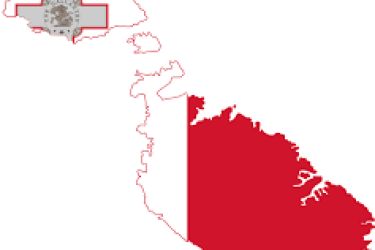
As of my last update, Malta offers various types of work and residence permits to foreigners based on the nature of their job, the duration of their stay, and their qualifications. Here are some of the main categories of employment licenses (often referred to as work permits) that the Maltese government offers to non-EU/EEA and non-Swiss nationals:
1.Regular Employment License: This is for third-country nationals who have been offered a job in Malta. The employer typically applies for this on behalf of the worker.
2.Single Permit: This is a residence and work permit rolled into one. The Single Permit allows third-country nationals to both live and work in Malta. Like the regular employment license, the employer generally initiates this application.
3.Highly Skilled Workers: There is a special Blue Card (EU Blue Card) scheme for highly skilled non-EU nationals. It's similar to the U.S. Green Card but is meant for the European Union. It offers several advantages, such as a faster application process and the possibility to move and work in other EU countries after a certain period.
4.Seasonal Work Permit: This is for those third-country nationals who are employed on a seasonal basis, typically in sectors like agriculture or tourism.
5.Traineeship Work Permit: For third-country nationals who come to Malta for traineeships.
6.Sportspeople and Coaches: A specific license category for those involved in the sports industry.
7.Part-Time Work Permit: As the name suggests, it's for those who wish to work part-time in Malta.
8.Students: International students who are already in Malta on a study visa can seek part-time employment. They would need an employment license to work up to 20 hours a week during term time.
9.Family Members: Family members of third-country nationals who already reside and work in Malta might be eligible for a work permit under certain conditions.
10.Permanent Residence Holders: Third-country nationals who have permanent residence status in Malta may also need a specific employment license to work.
11.Research and Innovation: There might be specific categories for those who come to Malta for research or innovative projects.
It's essential to note that the rules, categories, and procedures can change based on policy revisions and updates. Thus, if you or someone you know is considering applying for a work permit in Malta, it would be advisable to consult the official website of Identity Malta or seek guidance from a local expert or legal practitioner who is updated on the latest regulations.
